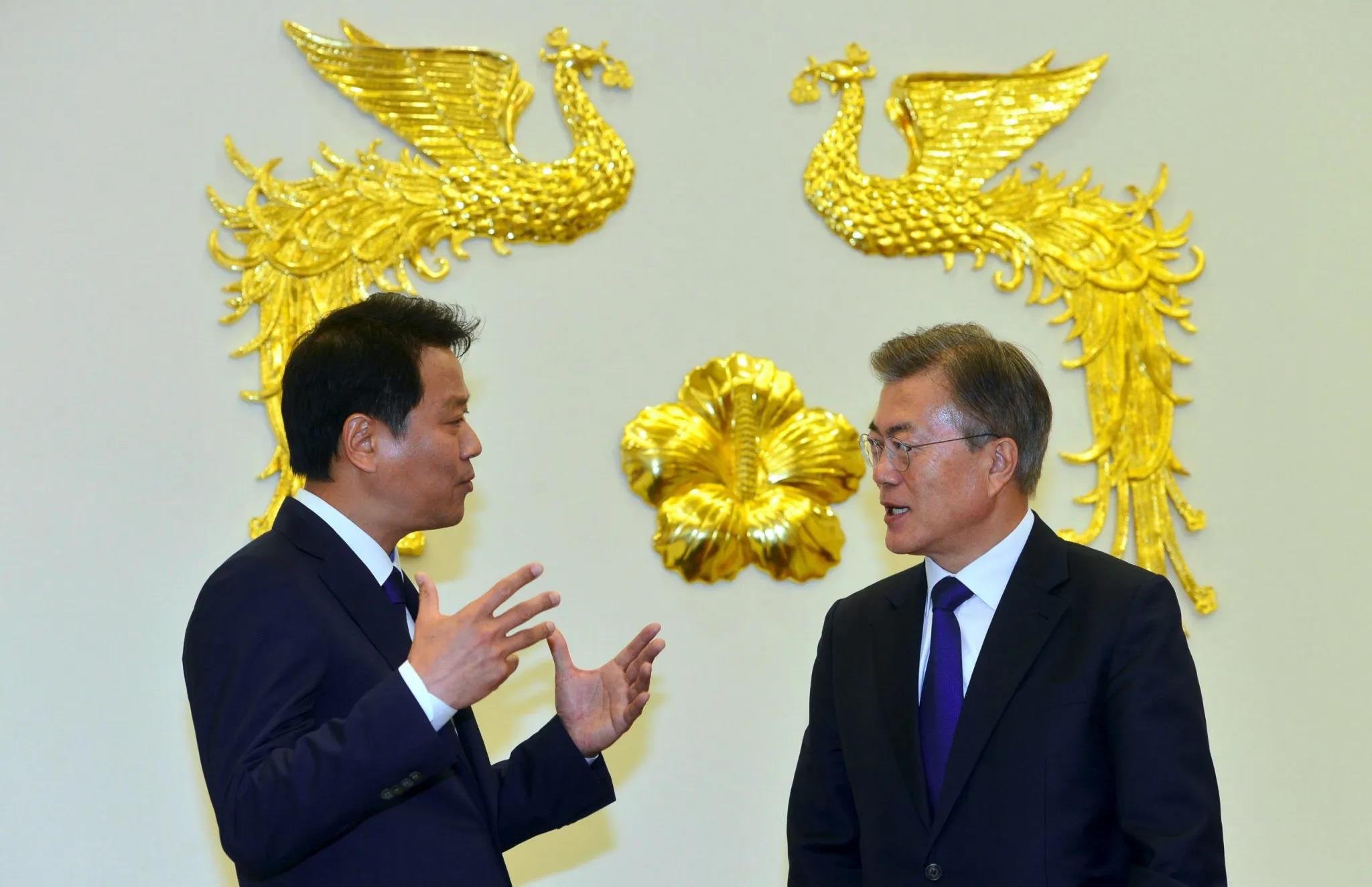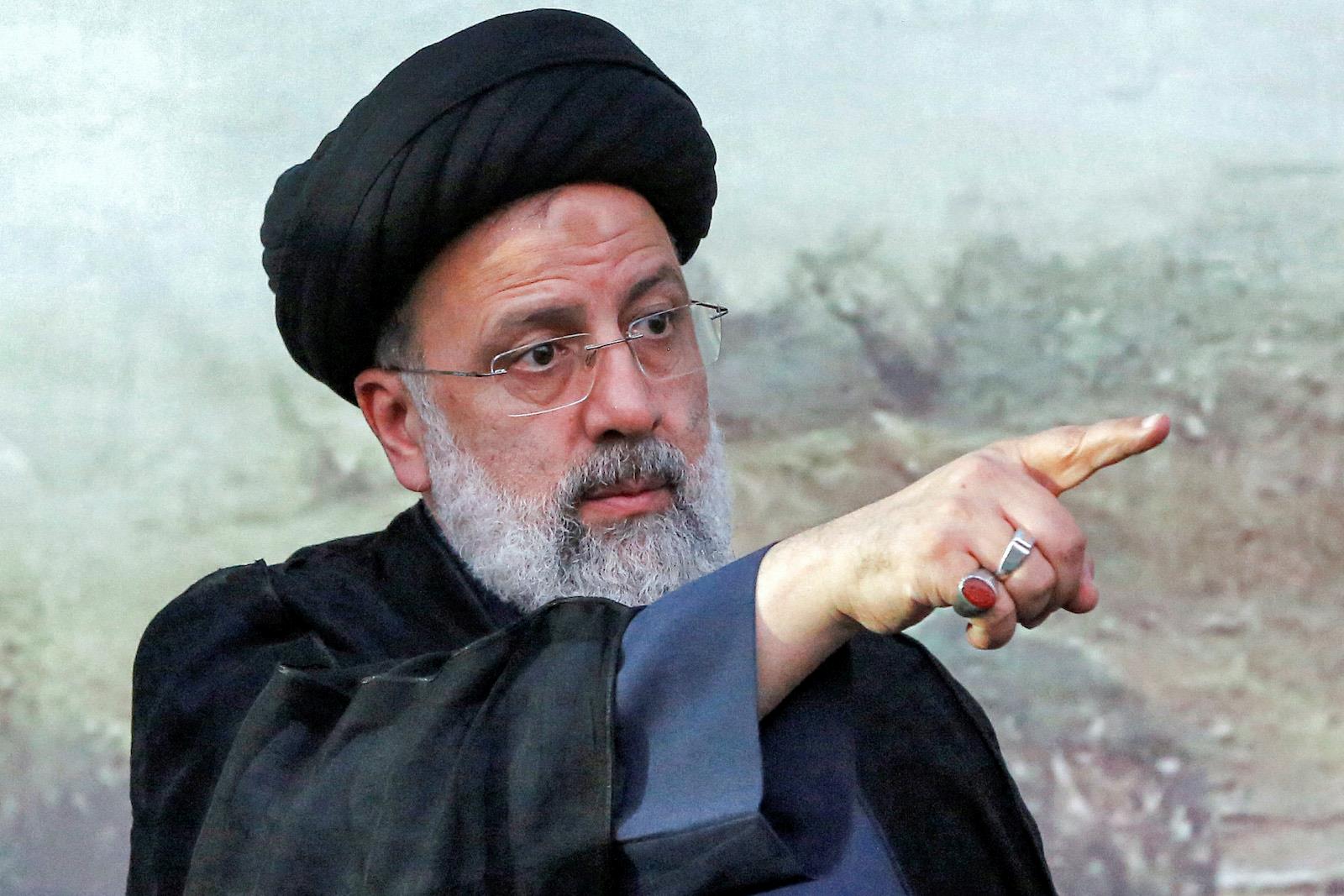
India's Teesta River Funding: Ambition Or Illusion?
This expression of interest coincides with China's ongoing involvement and proposal to finance the same project. India's investment in the Teesta River project was motivated by China's prior engagement and perceived geopolitical challenge. By financing the project, India aims to counterbalance China's influence and uphold its regional dominance , highlighting the complex interplay of strategic interests in South Asia.
However, India's recent expression of interest in financing the Teesta project seems less a genuine commitment and more a move to counter China's influence. This belated expression of interest raises serious doubts about India's sincerity and capability to finance the project effectively, especially given its recent economic challenges and the dubious reliability of its lines of credit.
The timing of India's interest, juxtaposed with China's already ongoing involvement, suggests a reactive rather than proactive stance. India's hesitation and delayed actions in making a Teesta water-sharing agreement with Bangladesh have allowed China to gain a foothold in a critical infrastructure project that could significantly enhance its influence in Bangladesh and the broader South Asian region.
India's reluctance and Bangladesh's turn to ChinaIndia's prolonged reluctance and blatant negligence regarding the Teesta water-sharing treaty highlight a disturbing pattern of broken promises. For decades, India has dragged its feet, leaving Bangladesh in a dire predicament and forcing it to seek alternatives out of sheer desperation.
The Teesta River dispute, dating back to 1951 , saw an initial agreement for equitable water sharing between India and what was then East Pakistan. This agreement, like many others, was never implemented.
Despite the establishment of the India-Bangladesh Joint Rivers Commission in 1972 and an ad hoc arrangement in 1983, where 39 percent of the water was allotted to India and 36 percent to Bangladesh, India has consistently failed to honor its commitments.

You can tell a Moon Jae-in by the company he keeps

US-China trade war puts investors in harm's way

Will Raisi's death spark instability in Iran?
The Ganga Water Treaty in 1996 further underscored the importance of resolving the Teesta issue. However, subsequent negotiations have been unsuccessful.
In 2011, a draft agreement proposed allocating 37.5 percent of the Teesta water to Bangladesh and 42.5 percent to India during the crucial dry season. This agreement was promptly derailed by the objections of Mamata Banerjee , the Chief Minister of West Bengal, showcasing India's internal disarray and lack of regional commitment.
Bangladesh's continuous and urgent pleas for finalizing the long-awaited Teesta river water sharing treaty have been met with India's indifferent and dismissive attitude . Instead of addressing Bangladesh's legitimate concerns , India has chosen to exacerbate the situation by planning to divert the Teesta River through the construction of two additional canals . This reckless move threatens to devastate Bangladeshi agriculture, worsening the water crisis, and heightening regional tensions.
Furthermore, the absence of a Teesta water-sharing treaty has significant adverse impacts on Bangladesh, affecting its economy, agriculture, and overall societal well-being. According to the Washington-based International Food Research Institute (IFPRI) , Bangladesh annually loses about 1.5 million metric tons of Boro rice, or 8.9% of its total rice production, due to water shortages in the Teesta barrage area, with projected declines of 8% by 2030 and 14% by 2050 due to reduced river flow.
Projections indicate that these losses will only worsen, with significant declines in agricultural productivity by 2050 due to reduced river flow. This not only exacerbates poverty and hunger but also destabilizes the rural economy , where agriculture is a primary livelihood.
Forced to confront India's persistent refusal to cooperate, Bangladesh has turned to China, entering into the Teesta River Comprehensive Management and Restoration Project (TRCMRP) . This collaboration, formalized through a memorandum of understanding in 2016 and scheduled for completion by 2025, aims to address the prolonged water crisis caused by India's inaction.
The Teesta River Comprehensive Management and Restoration Project (TRCMRP) addresses Bangladesh's losses by ensuring a reliable water supply for irrigation . The project incorporates flood control and drought management strategies to protect livelihoods and enhance agricultural productivity. It also focuses on developing robust water management infrastructure and building local capacity for sustainable water use.
Additionally, by collaborating with China, the TRCMRP reduces Bangladesh's dependence on India's inconsistent policies , promoting regional cooperation and ensuring long-term economic stability.
Why India is willing to fund the TRCMRP projectIndia's willingness to fund the TRCMRP is driven by several strategic and geopolitical reasons. Primarily, India aims to counter China's growing influence in Bangladesh, which is seen as part of China's broader Belt and Road Initiative. By financing the TRCMRP, India seeks to maintain its regional dominance and strengthen bilateral relations with Bangladesh, a country critical to its geopolitical interests .
Additionally, India's involvement in the TRCMRP is a strategic move to secure its interests in transboundary water management. By taking a proactive role, India aims to ensure that water-sharing agreements are managed equitably, reducing the risk of water scarcity in its own regions . Moreover, India sees the project as a way to promote sustainable development and environmental management, which aligns with its broader regional objectives .

Sign up for one of our free newsletters
- The Daily ReportStart your day right with Asia Times' top stories AT Weekly ReportA weekly roundup of Asia Times' most-read stories
India's slow disbursement of its $7.362 billion line of credit , with only 20% utilized over 13 years, raises significant doubts about its willingness to fund the Teesta River Comprehensive Management and Restoration Project (TRCMRP). Bureaucratic hurdles and restrictive conditions, such as mandatory sourcing from India , have hampered effective fund utilization.
This track record undermines confidence in India's commitment to the TRCMRP, especially when compared with China's prompt investment proposals. The slow pace and stringent conditions of India's funding approach cast serious doubts on its ability to deliver on promises and effectively manage critical regional projects .
To regain Bangladesh's confidence in its commitment to the Teesta River Comprehensive Management and Restoration Project (TRCMRP), India must address its past shortcomings and take decisive action.
Firstly, India should expedite the finalization of the Teesta water-sharing treaty, demonstrating a genuine commitment to equitable resource management. Additionally, India needs to streamline the disbursement of its line of credit funds, ensuring efficient and transparent processes free of bureaucratic hurdles.
By adopting a proactive and reliable approach, India can strengthen its bilateral relationship with Bangladesh and counterbalance China's growing influence in the region. This involves not only fulfilling financial commitments promptly but also engaging in collaborative and sustainable water management practices that benefit both nations. Such steps are crucial for India to rebuild trust and enhance its strategic position in South Asia.
Md. Jahid-Al-Mamun is a lecturer in the Department of Law at the University of Dhaka. He has a deep interest in the geopolitical dynamics of South Asia and frequently writes about the region's current affairs.
Thank you for registering!
An account was already registered with this email. Please check your inbox for an authentication link.

Legal Disclaimer:
MENAFN provides the
information “as is” without warranty of any kind. We do not accept
any responsibility or liability for the accuracy, content, images,
videos, licenses, completeness, legality, or reliability of the information
contained in this article. If you have any complaints or copyright
issues related to this article, kindly contact the provider above.

















Comments
No comment